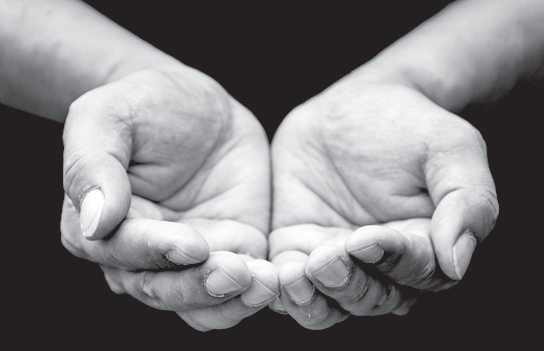Recently we celebrated ‘charity day’ all over the world, with the sole and core intention to make it a means of poverty alleviation. Charity has multi- dimensional impacts on society, both positive and negative ones. We live in a very multi-layered society characterised by unequal distribution of wealth among different strata and sub-strata. We have uncountable sections which are totally helpless to even fulfil their basic and bare minimum needs of life.
Putting charity as a means or medium to make our society a relatively egalitarian one, we need to make it a well-developed and organised institution. We observe innumerable institutions trying their best to fulfil the economic gap between social classes, but we need to focus on a more elaborate and comprehensive programme for social welfare at charity level.
Simply defining charity and its benefits is a relic of the past. In the contemporary era, we should make it more practical and organised. The main concern should be on its application or the dynamic aspect. The days are gone when innumerable articles were written on the concept of charity which had only a theoretical base. These days we needs to internalise the concept in its true sense and make sure to put the concept in practice. It should be possible to have a robust mechanism in place for its implementation.
We are going to put forward our own opinion in this article. We will just provide a glimpse of our practical model regarding organised charity. First of all, we should make ourselves well conscious of the core aim of charity and its utility. We would like to say that the target of charity should be the lower strata of our social system, specifically the ones for whom getting even two meals a day regularly is still a dream. Or simply those who are not in a condition to fulfil their basic needs of life. The basic objective of charity should be the empowerment of the disempowered and the uplift of the downtrodden.
The main step ahead ought to be an organised way of charity accumulation and its distribution. Charity has many forms. Taking the monetary form into consideration, preferably the best way is the example of our caliphs. The most notable person regarding charity management and organisation would be Hazrat Umer (RA). In his time, a proper mechanism of charity management in the form of ‘Bait-ul-Maals’ was established. The Bait-ul-Maal worked as an institution for charity management, assessment and distribution. In our day, we should take it as a model of reference to build such institutions in our society which will best suit the dynamics of our age. Charity is a universal religious ethic, so to make our opinion religiously neutral, the members of other religions can adopt their own best version of charity management.
Bait-ul-Maal must be a multi-stage and multi-phase process. It should exist mainly at three levels: Regional, Zonal, Local. The main focus of work must be the local/ village/community level. We must mention here the efforts of existing agencies, which include various NGOs, community-based guilds, individual agents, etc. The essence of their efforts should be valued. There is an essential responsibility on the masses to make their system more transparent and accountable. Simultaneously, we all need to develop a culture and social spirit of charity.
An organised form of charity can prove to be a helping hand in reducing the inequalities within society. Proper organisation and management of charity will undoubtedly be a source of social welfare.
The writers are students at Delhi University and KU.

